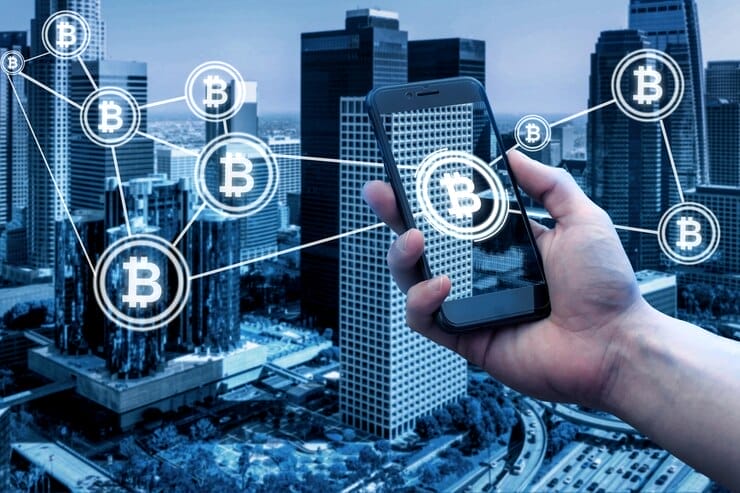In a land market in a continent known for bureaucracy and secrecy in customary land transactions, there is a silent digital revolution redefining how real estates are purchased, sold, and owned: tokenized real estate. Through the conversion of tangible property into blockchain tokens, foreign and domestic investors now possess the ability to purchase shares of real estate assets with historic transparency, security, and velocity.
Tokenized property has already crossed $6 billion worldwide in aggregate asset value
. While Dubai and Western markets are the leaders in early adoption, Africa is witnessing a silent but measured paradigm shift. Nigeria, Kenya, and Ghana are piloting this model to boost liquidity, decrease entry points, and create confidence in an environment that has historically suffered from title issues and complex transactions.
Consider Ghana: blockchain-based title registries — such as Bitland — are already making land records more verifiable and trustworthy
africanpropertymagazine.com
Add tokenization on top of those secure digital records, and you have a system where not only is ownership transparent, but it’s also fractionally tradable. Now, a high-end apartment suddenly is an investable opportunity for an institutional fund or even several individual investors.
In Dubai, regulators recently paved the way for real estate tokenization pilots under VARA guidelines, which points to future global expansion
. Regulators in Africa are paying attention. Many of them are now collaborating with PropTech innovators to develop frameworks that couple property rights with digital asset security, without sacrificing compliance.
The benefits for African property markets are immense. Increased available capital inflows, better asset liquidity, and increased investor base are on the horizon. For developers, tokenization can unlock large-scale capital at initial stages, with digital stocks taking over from conventional debt or equity finance. And for investors, the system is equipped with unprecedented flexibility — buying tokens rather than whole assets, or using them as collateral within decentralized finance spheres.
But there are still challenges. Legal certainty is still developing, regulatory environments are wildly inconsistent between nations, and public education on tokenized ownership has not yet caught up.
One thing is sure, though: the promise. As Africa real estate gets digitized, tokenization can be the bridge between the global and the informal, the illiquid and the investable. Tech-savvy capital, family offices, and legacy builders have an option: get ahead or watch the market pass them by.
In a more digital world, land can always be the world’s oldest asset — but how we invest in it, own it, and use it is beginning a new era.

